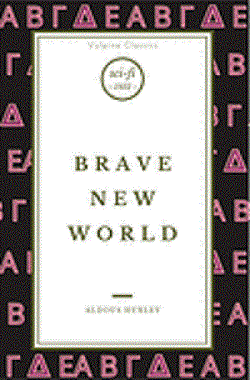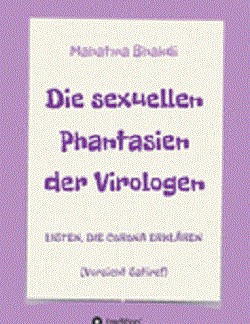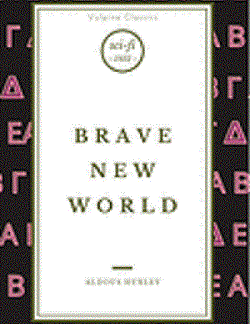Description
Aldous Huxley’s utopian-cum-dystopian masterpiece tells the tale of a socially engineered, futuristic society.
A forerunner to Orwell’s 1984, it is considered one of the most influential sci-fi novels ever written.
“It isn’t only art that is incompatible with happiness, it’s also science. Science is dangerous, we have to keep it most carefully chained and muzzled.” (quote from the text)




